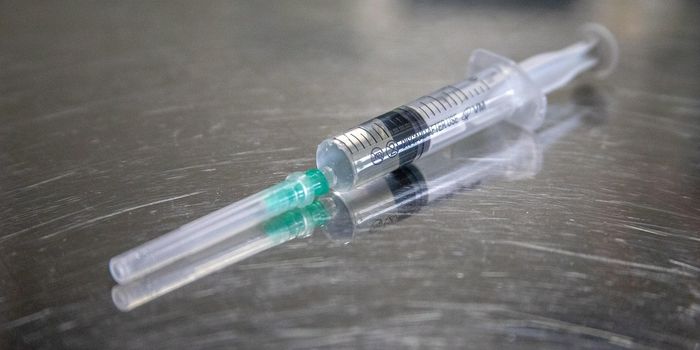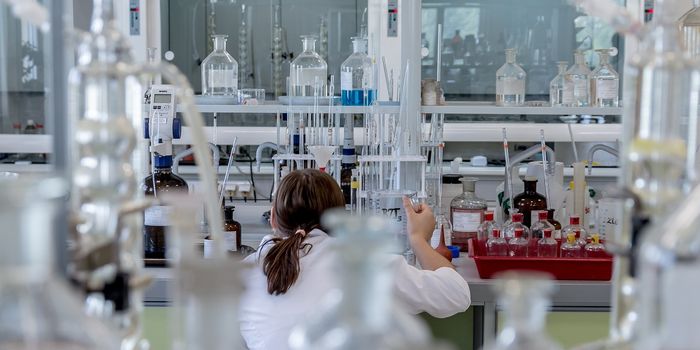Common Hypertension Drug Could Up Skin Cancer Risks by 7-Fold
One of the most common drugs taken for high blood pressure could be raising the risk of skin cancers by seven times, according to a new report.
As a high blood pressure (hypertension) drug, hydrochlorothiazide (HCTZ) is a diuretic. In essence, HCTZ promotes the increased production of urine, thereby relieving water retention and high blood pressure. The drug became commercially available in 1959, and is on the World Health Organization’s List of Essential Medicines. Now, the drug is one of the most ubiquitously prescribed medications for hypertension – in the US alone, HCTZ was the second most commonly used drugs for hypertension in 2008.
Known side effects of HCTZ include electrolyte imbalances and poor kidney functions. But the drug could have a darker impact on the health of patients.
Based on previous research that cite a link between HCTZ and lip cancer, researchers from the University of Southern Denmark in Odense, began digging deeper. They formally tested the hypothesis in a large sample, consisting of over 80,000 patients with skin cancer and 1.5 million healthy patients. In both groups, the team analyzed HCTZ use, as well as use of any other high blood pressure medications.
Based on their analysis, the team reported that people who regularly take HCTZ had more than seven times the likelihood of developing skin cancer. Importantly, the risks were increased for squamous cell carcinoma and basal cell carcinoma, two types of skin cancer that are less aggressive than melanoma.
The results support other findings that show HCTZ can make the skin more prone to ultraviolet radiation damage.
"We knew that hydrochlorothiazide made the skin more vulnerable to damage from the sun's UV rays, but what is new and also surprising is that long-term use of this blood pressure medicine leads to such a significant increase in the risk of skin cancer," said Anton Pottegård, an associate professor of clinical pharmacology at the University of Southern Denmark, and the study’s senior author.
This finding could have big ramifications for the use of HCTZ for patients living in intensely sunny parts of the world, such as Florida. "The combination of living and residing in sunny Florida while taking hydrochlorothiazide seems to be very serious and even life-threatening for some patients," said Dr. Armand Cognetta, chief division of dermatology at Florida State University in Tallahassee and the study’s co-author.
"We have seen and followed many patients with different skin cancers where the only risk factor apart from exposure to sunlight seems to be hydrochlorothiazide," he added.
But as with any medications, the benefits and side effects must be carefully considered for every individual. "The risk of skin cancer must, of course, be weighed against the fact that hydrochlorothiazide is an effective and otherwise safe treatment for most patients,” said Pottegård. In short, patients on HCTZ should talk to their doctor before making any adjustments to their treatment regimen.
"Nevertheless our results should lead to a reconsideration of the use of hydrochlorothiazide. Hopefully, with this study, we can contribute towards ensuring safer treatment of high blood pressure in the future,” he said.
Additional sources: MNT









